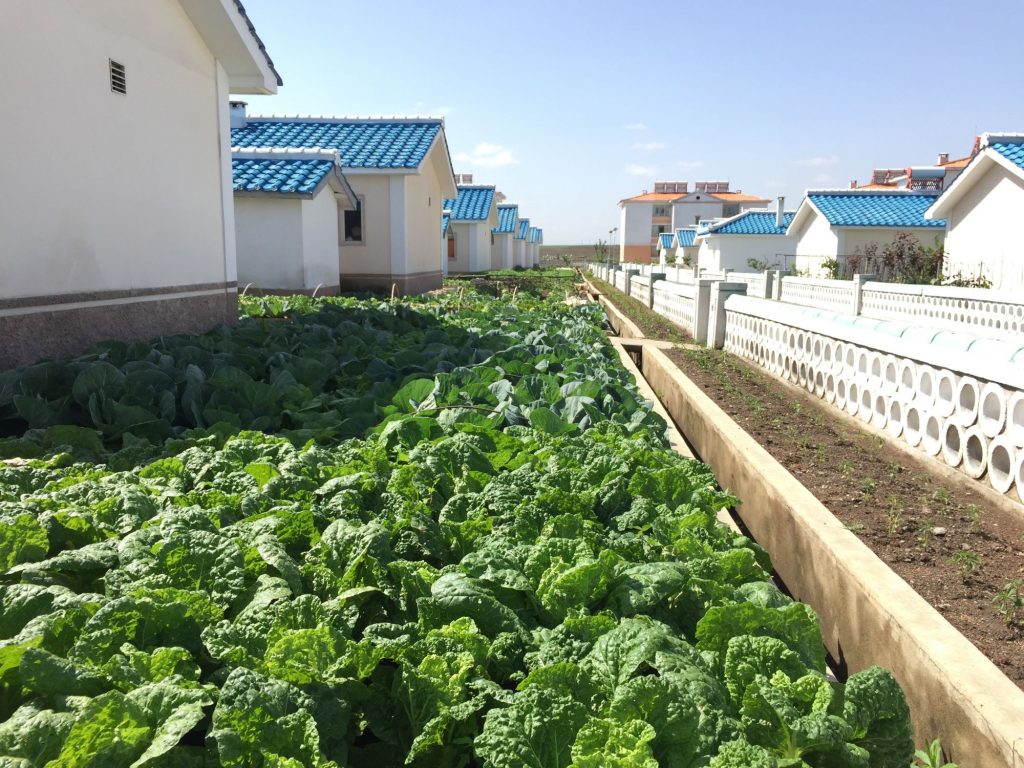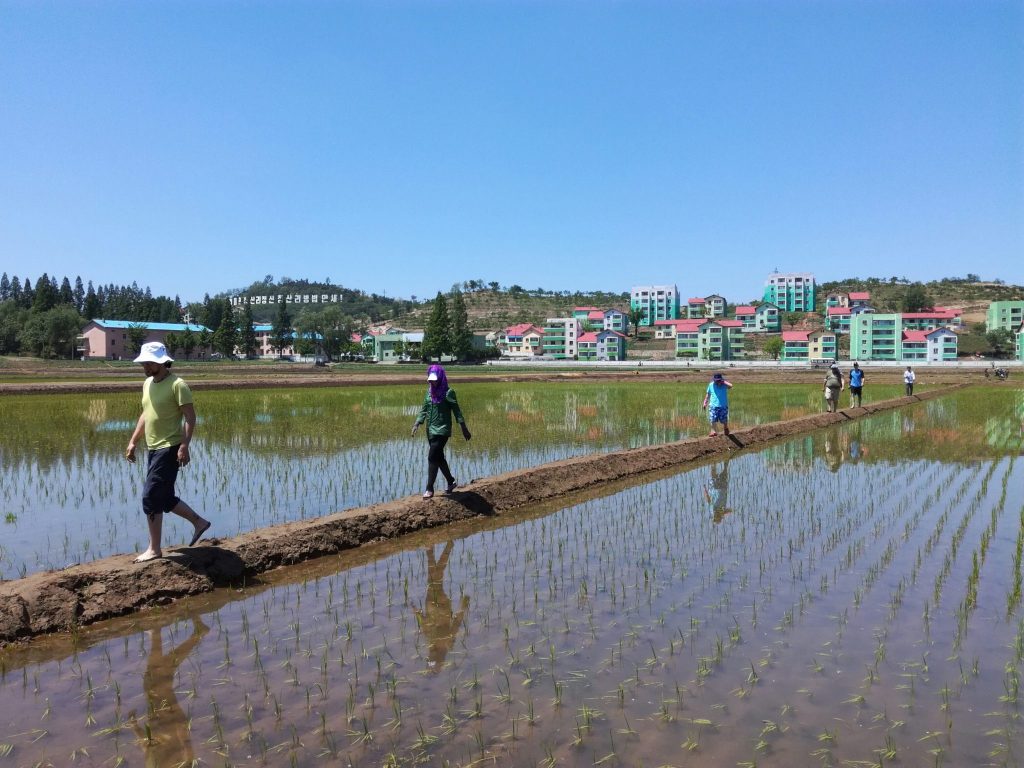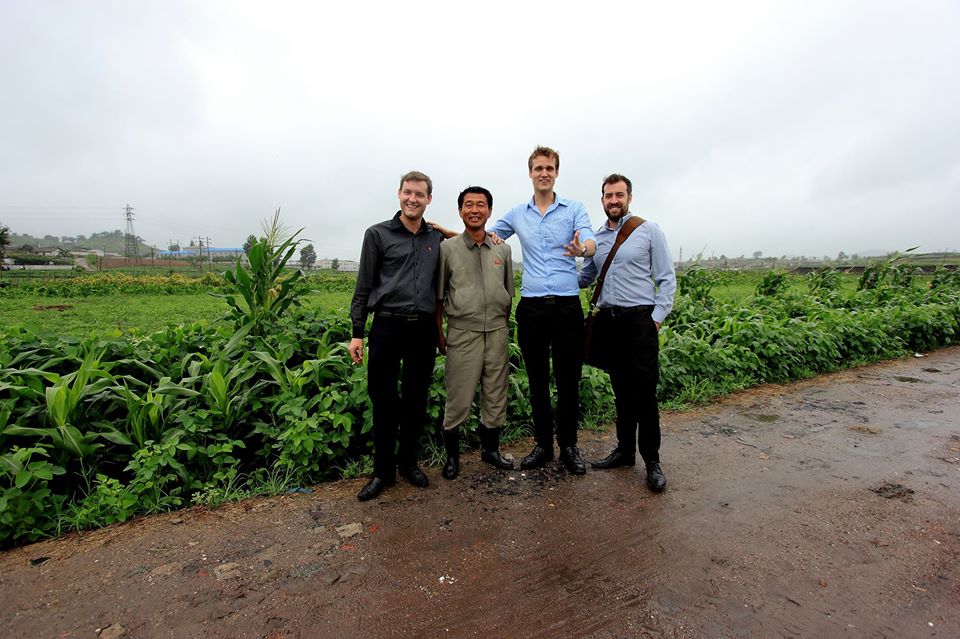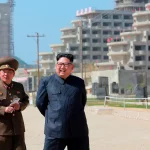Introduction
As tourism has grown in the DPRK, so has the interest of foreigners wanting to do, and experience more in the country. It was with this in mind that we initially thought of the idea to run a farming volunteer program in North Korea.
When we approached our partners in Pyongyang back in 2013, not only were they extremely positive about our idea, but they suggested we go meet the farmers, build a rapport and see exactly how we could help them practically through a tourist program. It was following these meetings, and running our initial extremely successful farming volunteer program in 2014 that we decided to adopt this cooperative farm as our YPT charitable project.
Why adopt a Cooperative Farm?
As a travel company that has been visiting the DPRK for over 10 years, Young Pioneer Tours have often contributed to various appeals and charities. We felt we would like to do something far more personal and proactive, as a way to give back to the people of the country. It is with these factors in mind that we decided to begin sponsoring our adopted collective farm.
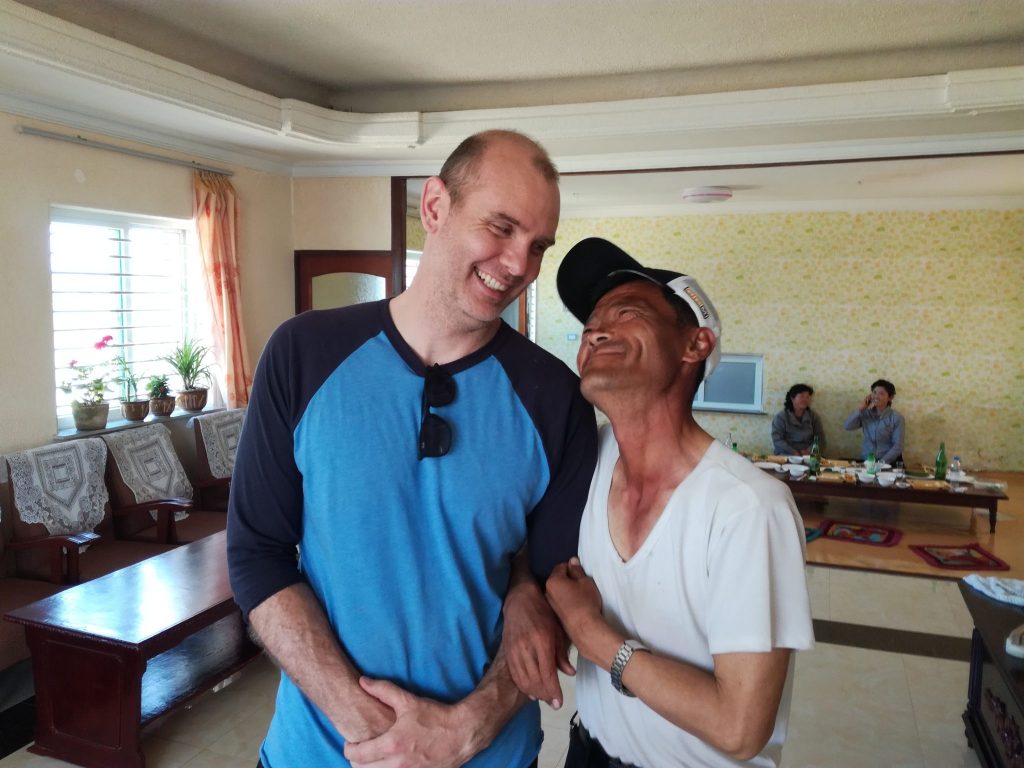
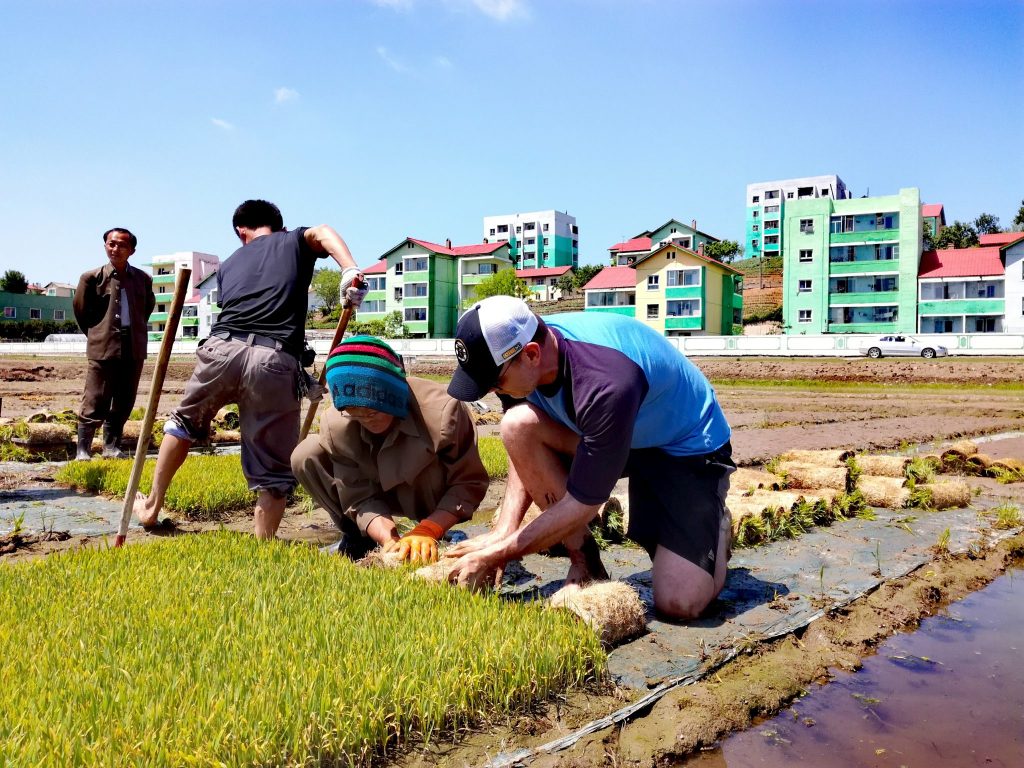
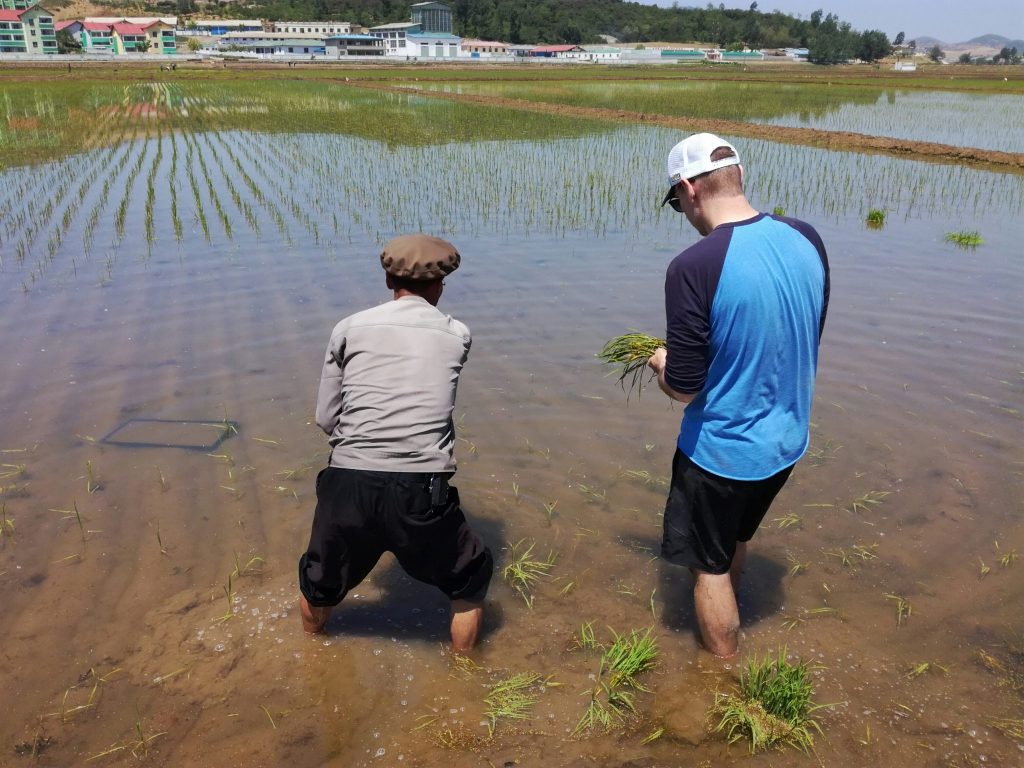
What does sponsoring a farm entail?
The main thing that it entails is bringing in money and goods to help the farmers and residents of the cooperative farm. The goods we bring in are not just random, but items that we have discussed with the people that run the farm, and quite often entail simple things like school books, clothes for the children of the cooperative farm, medicines, vitamins, tools or other items that can be difficult to to get hold of in the country.
For any money that we bring in, we are fully aware how charitable projects and cash being handed over can often end up in accusations of foul play, or corruption, so we do not donate cash, but instead donate fuel vouchers which can be used to operate tractors, generators and other machinery- something many co-operative farms struggle to do considering the price and scarcity of fuel in the country.
What is the Farming Volunteer Program?
The Farming Volunteer Program is our way of helping our pioneers to contribute physically, socially and most importantly culturally. You enter via Pyongyang and visit the must see sites of the capital, but most importantly step very far from the beaten track and go see how life living and working on a North Korean cooperative farm is. Quite simply not only is the one of the most unique tours you can do in the country, but your efforts truly do help.
Although a few articles have claimed we are “trivialising food insecurity”, in our opinion this shows a lack of attention paid to what we’re actually offering. We understand the food situation in the DPRK much better than most and it’s certainly not going to be solved overnight by a day on a farm. However everything begins somewhere, and we believe that it’s foolish to let the perfect be the enemy of the good. Some help is better than none and raising awareness is part of the goal.
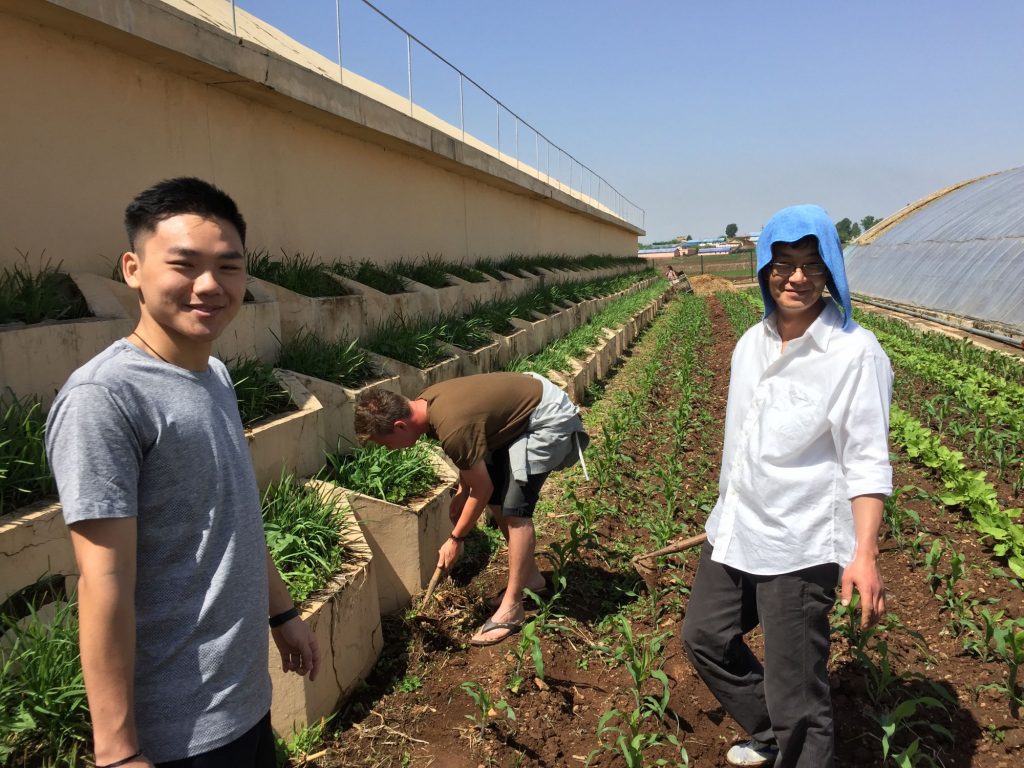
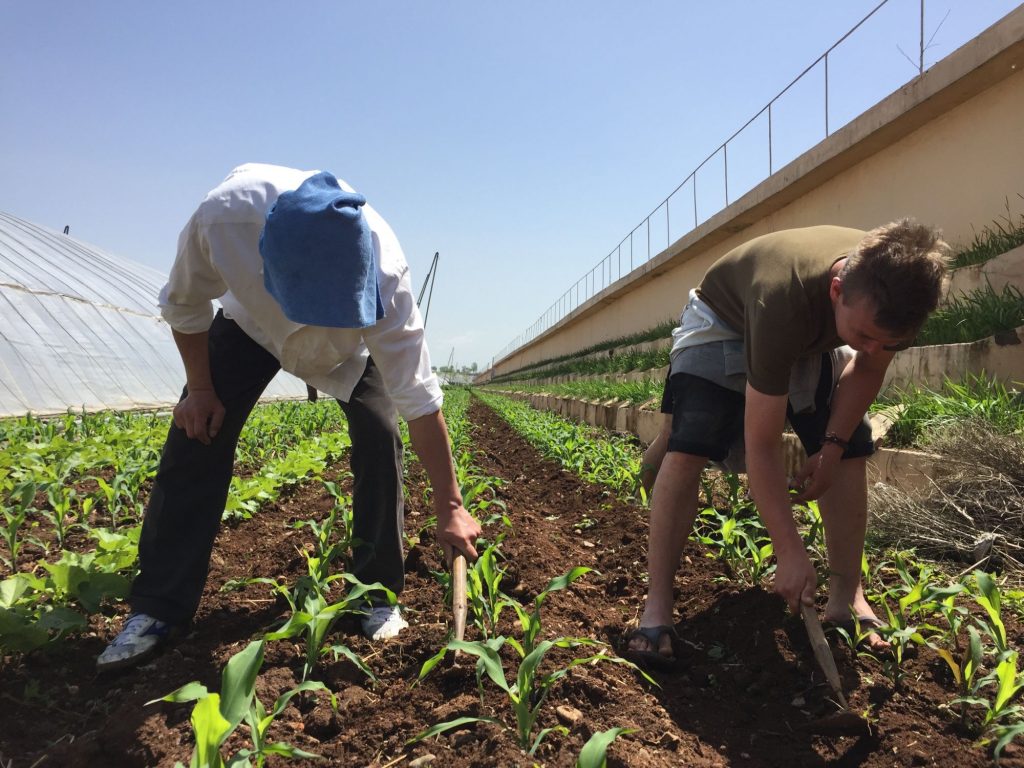
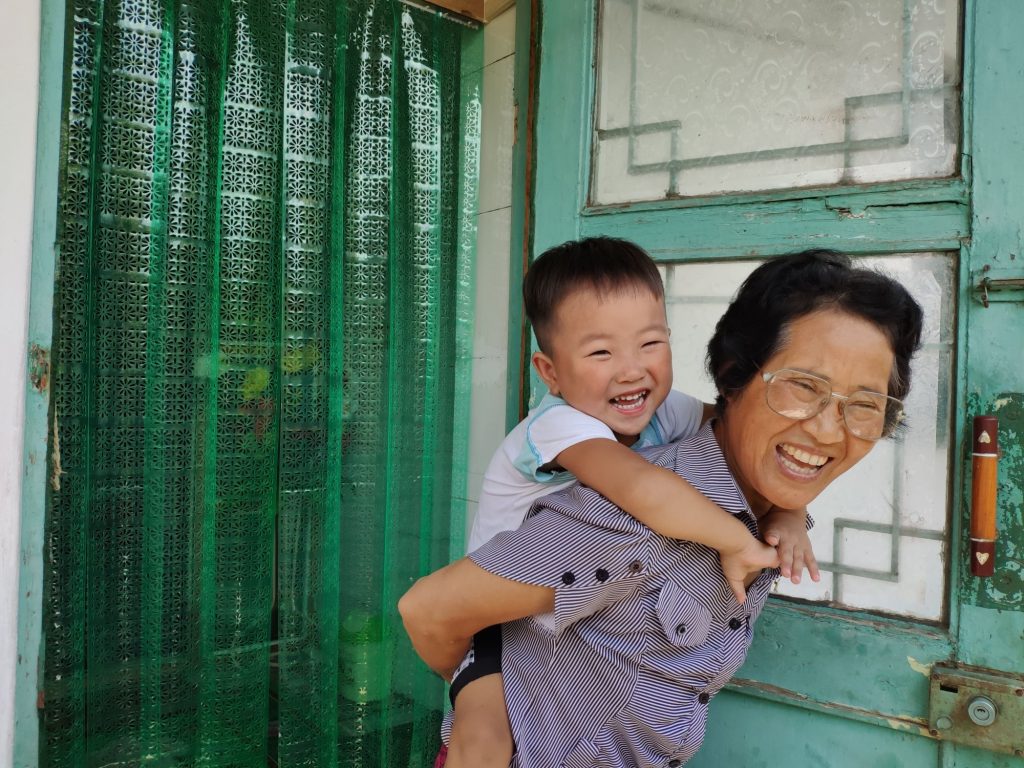
How else can I help or donate?
We tend not to take physical donations unsolicited due to the logistics of bringing in goods and to ensure they are practical and worthwhile but if you have goods you’d like to donate please contact us first. We also take donations either through our dedicated charitable PayPal account or as an optional donation when booking a tour.
Is this something you plan to expand on?
Very much so. In the long term, we would like to extend our assistance to many places, and are currently in discussions with local charities and an orphanage about how to also help them. We also regularly donate to assist with emergency situations in the country, such as the terrible flooding that affected North Hamgyong province in 2016. We also sponsor TOGETHER-Hamhung – a foreign NGO that assists with educating blind and deaf Koreans, promoting awareness of the deaf and blind and helping to find employment for adults. We began our partnership with them in 2015.
Tell us about your farm
Chilgol Co-operative farm is located in the far outskirts of Pyongyang city. This farm is operated by over a hundred different Korean families and is capable of growing cabbage, rice, strawberries, plums, tobacco, sesame seeds, potatoes, corn, cucumbers and chilies.
We’ve selected this farm specifically to give our volunteers an exclusive insight and an experience to not only work hard, but to get a better understanding of the lives of co-operative farming families.
